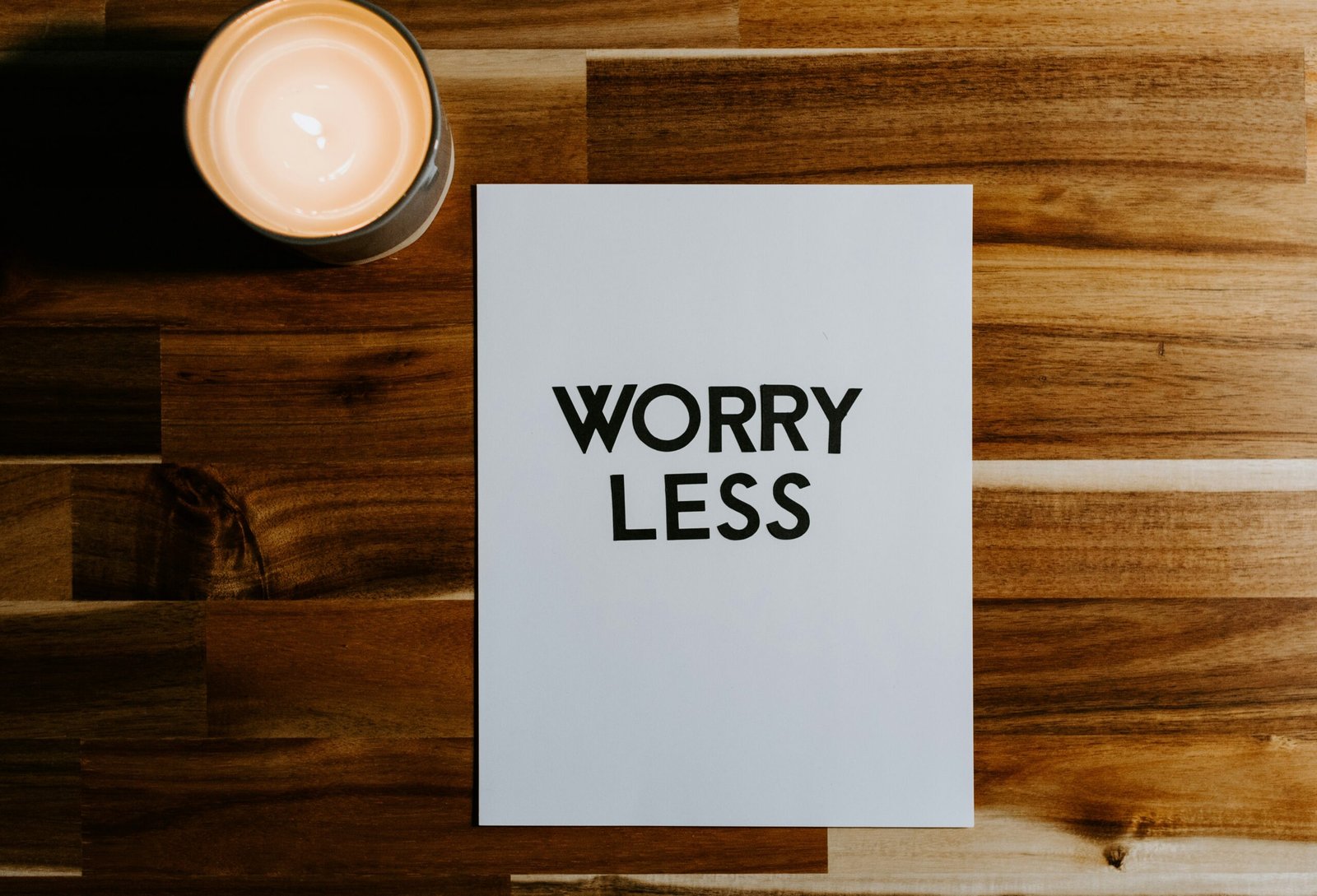Balancing career development with personal life is a challenge many professionals face, especially in today’s fast-paced world. Advancing in your career often demands significant time and effort, but neglecting your personal life can lead to burnout and reduced well-being. The key to thriving in both areas lies in finding a balance that allows you to grow professionally without sacrificing your personal happiness and relationships.
In this article, we’ll explore the 7 best tips for achieving that balance, helping you make meaningful progress in your career while maintaining a fulfilling personal life.
Quick Preview:
- Set Clear Priorities: How defining your priorities helps you allocate time wisely.
- Time Management: Proven techniques for staying productive and carving out personal time.
- Learn to Say No: Protect your personal time by setting boundaries.
1. Set Clear Priorities
Balancing career and personal life starts with understanding your priorities. It’s essential to identify what matters most in both areas of your life. By clearly defining your priorities, you can focus on what’s truly important and avoid getting distracted by tasks or commitments that don’t align with your goals.
How to Set Priorities:
- Rank Your Goals: List your top career and personal goals. For example, career goals might include learning new skills or securing a promotion, while personal goals could be spending more time with family or focusing on self-care.
- Identify Non-Negotiables: Choose key aspects of your personal life (e.g., family dinners, weekend relaxation) and career (e.g., completing a certification) that you won’t compromise.
- Create a Balance: Evaluate how much time and energy each priority requires, then find ways to balance them. Some weeks may focus more on career, while others allow more personal time.
By focusing on your highest priorities, you can allocate your time and resources more effectively, ensuring that both your professional and personal life thrive.
Takeaway: Clear priorities guide your decision-making, helping you focus on what’s important and enabling you to create a healthier work-life balance.
2. Master Time Management
Effective time management is crucial to maintaining balance between career development and personal life. It helps you stay productive at work while leaving enough time for personal commitments. Without proper time management, you risk feeling overwhelmed by work demands, which can negatively impact your personal well-being.
Proven Time Management Techniques:
- Time Blocking: Dedicate specific hours in your day to work tasks, and block out time for personal activities like exercise, relaxation, or family time.
- The Pomodoro Technique: Use 25-minute focused work sessions followed by a 5-minute break to stay productive without burnout.
- Set Boundaries: Limit work hours, especially after office hours. Avoid letting work intrude on your personal life by setting clear times when you’ll switch off from work mode.
Time management also includes planning ahead. For example, if you know you have a busy work week coming up, make plans to unwind or spend time with loved ones over the weekend. Prioritizing both work and personal life ensures you don’t feel overextended in either area.
Takeaway: Effective time management enables you to stay productive without letting work overshadow your personal life. Use tools like time blocking to strike the right balance.
3. Learn to Say No
As you pursue career development, it’s easy to get caught up in the desire to say “yes” to every opportunity, project, or invitation. However, constantly taking on more than you can handle can lead to burnout and negatively impact your personal life. Learning to say no is crucial for protecting your time and energy.
When to Say No:
- Overwhelming Workload: If taking on another task will stretch you too thin or reduce the quality of your work, politely decline or negotiate deadlines.
- Personal Time Sacrifices: When work demands encroach on important personal commitments (like family time or self-care), it’s okay to decline or reschedule work obligations.
- Irrelevant Opportunities: Not every opportunity will align with your career goals. If a task or project doesn’t contribute to your professional development, consider whether it’s worth the time commitment.
Saying no can be empowering. It allows you to focus on high-priority tasks and maintain balance by ensuring that your personal life isn’t constantly pushed aside for work.
Takeaway: Protect your time by saying no to tasks and opportunities that don’t align with your goals or that risk disrupting your work-life balance.
4. Integrate Career Development Into Your Daily Routine
Finding time for career development doesn’t mean you need to completely rearrange your life. By integrating professional growth into your daily routine, you can make steady progress without overwhelming yourself.
How to Integrate Learning:
- Leverage Downtime: Use your commute, lunch breaks, or quiet moments at home to listen to industry-related podcasts, read books, or take online courses.
- Microlearning: Break down large learning goals into smaller, manageable tasks. For example, spend 15 minutes each day learning a new skill or reading an article that will enhance your expertise.
- Set Small Goals: Rather than aiming to complete a full course or project in one go, set smaller milestones that fit into your daily or weekly schedule.
For instance, instead of trying to complete a 10-hour certification course in one weekend, divide the course into 30-minute sessions throughout the week. This makes it easier to balance work, learning, and personal life without feeling overwhelmed.
Takeaway: Integrating career development into your daily routine allows you to make consistent progress without sacrificing your personal time.
5. Plan and Prioritize Personal Time
Just as you schedule work meetings and deadlines, it’s important to plan personal time with the same level of commitment. This ensures that your personal life doesn’t get overshadowed by your professional responsibilities.
How to Prioritize Personal Time:
- Create a Schedule: Block out time on your calendar for personal activities—whether it’s a weekly dinner with friends, weekend relaxation, or daily exercise. Treat this time as non-negotiable.
- Disconnect from Work: During personal time, turn off work-related notifications and emails. Being fully present in personal moments helps you recharge and reduces the risk of burnout.
- Use Vacations: Don’t hesitate to use vacation days or personal time off to fully step away from work. Taking extended breaks can refresh your mind and boost your productivity when you return to work.
Personal time is just as important as work time, and scheduling it helps you stay grounded. Whether it’s a short break during the day or a weekend getaway, planning personal time ensures you’re taking care of your well-being.
Takeaway: Prioritizing personal time on your calendar guarantees that you make space for rest, relaxation, and relationships, keeping you energized and balanced.
6. Set Clear Boundaries Between Work and Personal Life
In today’s increasingly connected world, the line between work and personal life can blur. It’s easy to respond to work emails after hours or let personal distractions interfere with work. Setting clear boundaries is essential to maintaining a healthy balance.
How to Set Boundaries:
- Work Hours: Set specific work hours and stick to them. Avoid responding to work emails or tasks outside of those hours, especially if it interferes with personal time.
- Create a Work-Free Zone: If you’re working from home, designate a specific area as your “work zone.” This helps create a mental and physical boundary between work and personal life.
- Communicate Boundaries: Let colleagues and managers know your availability. For example, inform them if you’re unavailable for work calls after 6 PM or on weekends.
Clear boundaries prevent work from consuming your personal life and vice versa. It allows you to fully focus on each aspect when it’s time for them, leading to better productivity and less stress.
Takeaway: Setting and communicating clear boundaries between work and personal time ensures you maintain focus on your priorities without constant overlap.
7. Embrace Flexibility
Finally, it’s important to understand that balance doesn’t mean rigid scheduling. Flexibility is key to maintaining long-term harmony between your career and personal life. Some weeks may demand more focus on work, while others allow for more personal time. Embrace this fluidity rather than striving for perfection.
How to Stay Flexible:
- Adjust as Needed: If an unexpected work deadline arises, shift personal commitments to a more suitable time. Likewise, if a family event comes up, communicate with your employer and adjust your work schedule if possible.
- Avoid Perfectionism: It’s okay if not every day achieves perfect balance. Focus on the overall picture and ensure that you’re able to address both personal and professional goals over time.
- Stay Organized: Use organizational tools like planners or apps to keep track of work tasks and personal events. This helps you stay flexible while still prioritizing what matters most.
By embracing flexibility, you reduce the pressure to constantly achieve balance, allowing you to adapt to life’s ever-changing demands.
Takeaway: Flexibility allows you to adjust your priorities and avoid unnecessary stress when juggling career development and personal life.
Conclusion: Achieving Balance Between Career Development and Personal Life
Balancing career development with personal life doesn’t require sacrificing one for the other. By setting clear priorities, mastering time management, learning to say no, and integrating flexibility, you can find harmony between growing professionally and enjoying a fulfilling personal life. Remember, balance isn’t about perfection—it’s about staying mindful of both your personal and career goals, and adjusting as needed to ensure that you thrive in both areas.





